Women soldiers 'will be in combat roles by 2016'
Women may soon be fighting on the front line – but is that good for them or the defence of the realm?
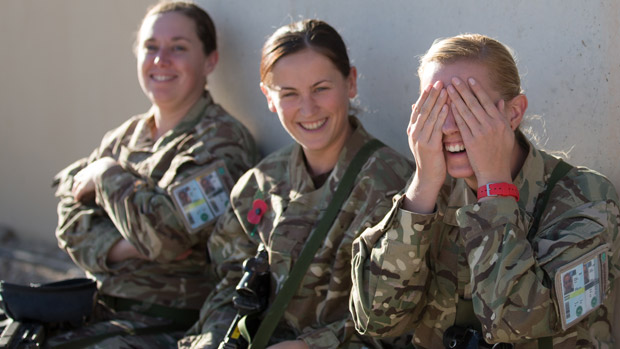
A free daily email with the biggest news stories of the day – and the best features from TheWeek.com
You are now subscribed
Your newsletter sign-up was successful
A British Army review into the existing ban on female soldiers serving in close combat situations means they could be fighting on the front line beside their male counterparts by the year 2016.
A report released this morning has concluded there would be no "adverse effect" on troop cohesion if women were allowed to join their ranks. It had been feared relationships would form between women and men, disrupting unit dynamics.
The report says more investigation is needed of the "physiological demands" of the role - but defence minister Michael Fallon said he hoped that "subject to some final research over the next year or so" the change would be introduced, the BBC reports.
The Week
Escape your echo chamber. Get the facts behind the news, plus analysis from multiple perspectives.

Sign up for The Week's Free Newsletters
From our morning news briefing to a weekly Good News Newsletter, get the best of The Week delivered directly to your inbox.
From our morning news briefing to a weekly Good News Newsletter, get the best of The Week delivered directly to your inbox.
Fallon told the BBC's Today programme: "Army selection should be done on the basis of ability from now on, not on the basis of gender."
Government ministers have been pushing for the change because it is "difficult to justify a continued ban on combat roles when it has already been abolished by most of Britain's closest military allies, including America, Australia and Canada", explains the Daily Telegraph.
It points out that women have already ended up facing the same dangers as their male counterparts in Afghanistan, where the guerrilla nature of the conflict meant there was no clearly-defined front line.
The Daily Mail quoted Labour MP John Woodcock, who is a member of the defence select committee. Reacting to the report, he said: "This is a challenging but hugely welcome step forward that will help make our armed forces the very best they can be.
A free daily email with the biggest news stories of the day – and the best features from TheWeek.com
"Keeping our country safe is too important to exclude anyone who can play a role – that means giving women the chance to serve on the front line in addition to all the other ways in which they are excelling already in the forces."
However, retired officer Major General Patrick Cordingley - who commanded the Desert Rats during the first Gulf War - told the Mail the change would be a "mistake". He said: "I can understand why politically it is a good thing to be seen to be doing – on the other hand, the practicalities of women in the infantry and armoured corps are considerable and should not be overlooked.
"Being in a fighting unit, you need to concentrate on the enemy, you don't want distractions looking after women, which inevitably you will do. It is a diversion."
Overturning the ban has been under discussion for some time. Writing for The Guardian in May this year, Barbara Ellen raised doubts about the change.
Ellen was concerned that women might struggle to pass the fitness tests required of men - leading either to few being accepted, or to a different fitness test being introduced, which would cause them to be seen as second-class soldiers.
She also worried that women would become more conspicuous targets on the front line, particularly against an enemy with a less gender-equal culture, such as the Taliban.
Ellen wrote: "In countries where even female education is opposed, it seems obvious that female combat personnel would be targeted... they could be more exposed and vulnerable than their male counterparts."
-
 The ‘ravenous’ demand for Cornish minerals
The ‘ravenous’ demand for Cornish mineralsUnder the Radar Growing need for critical minerals to power tech has intensified ‘appetite’ for lithium, which could be a ‘huge boon’ for local economy
-
 Why are election experts taking Trump’s midterm threats seriously?
Why are election experts taking Trump’s midterm threats seriously?IN THE SPOTLIGHT As the president muses about polling place deployments and a centralized electoral system aimed at one-party control, lawmakers are taking this administration at its word
-
 ‘Restaurateurs have become millionaires’
‘Restaurateurs have become millionaires’Instant Opinion Opinion, comment and editorials of the day
-
 Is conscription the answer to Europe’s security woes?
Is conscription the answer to Europe’s security woes?Today's Big Question How best to boost troop numbers to deal with Russian threat is ‘prompting fierce and soul-searching debates’
-
 Is UK's new defence plan transformational or too little, too late?
Is UK's new defence plan transformational or too little, too late?Today's Big Question Labour's 10-year strategy 'an exercise in tightly bounded ambition' already 'overshadowed by a row over money'
-
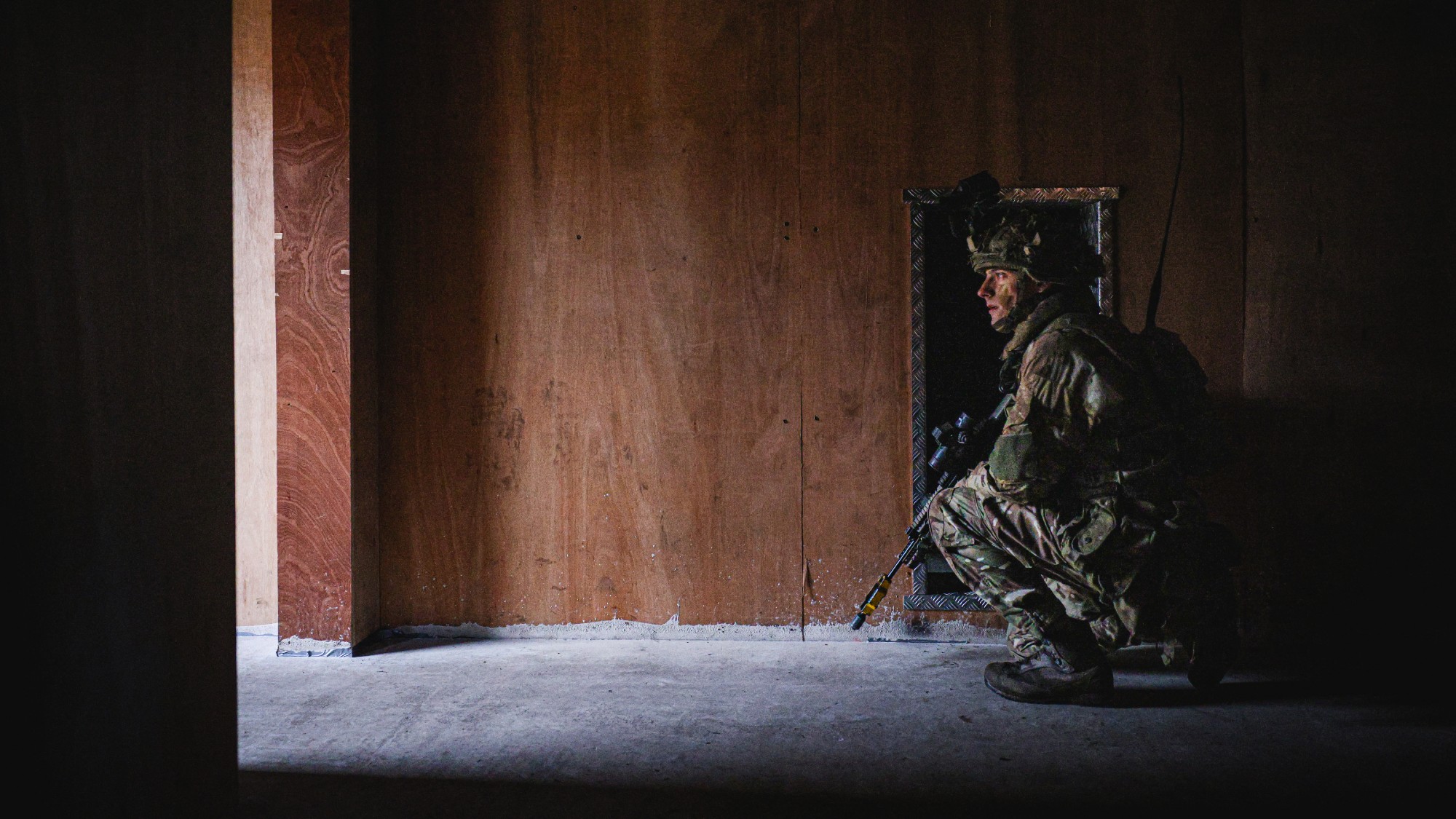 The state of Britain's Armed Forces
The state of Britain's Armed ForcesThe Explainer Geopolitical unrest and the unreliability of the Trump administration have led to a frantic re-evaluation of the UK's military capabilities
-
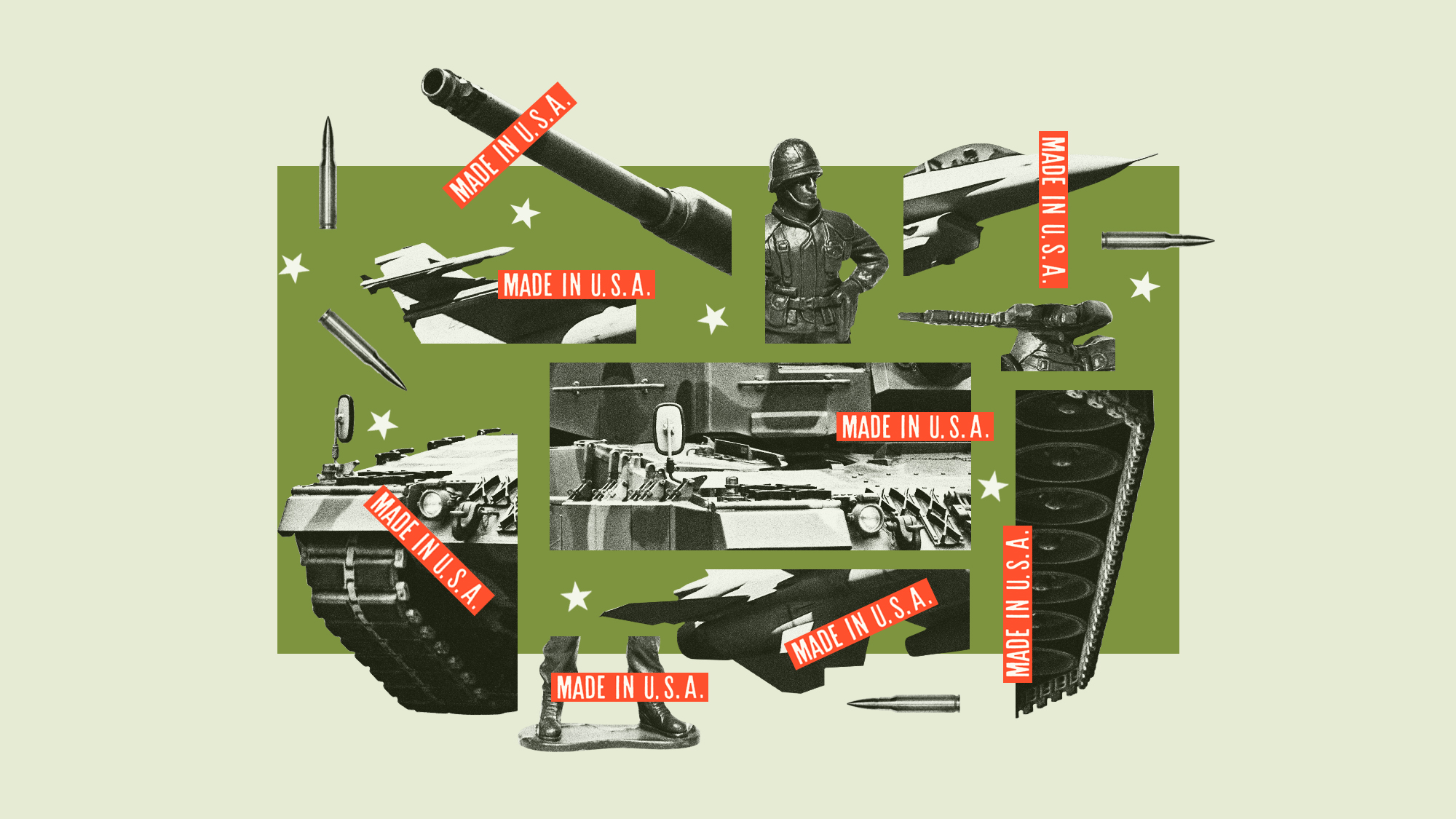 Is Europe's defence too reliant on the US?
Is Europe's defence too reliant on the US?Today's Big Question As the UK and EU plan to 're-arm', how easy will it be to disentangle from US equipment and support?
-
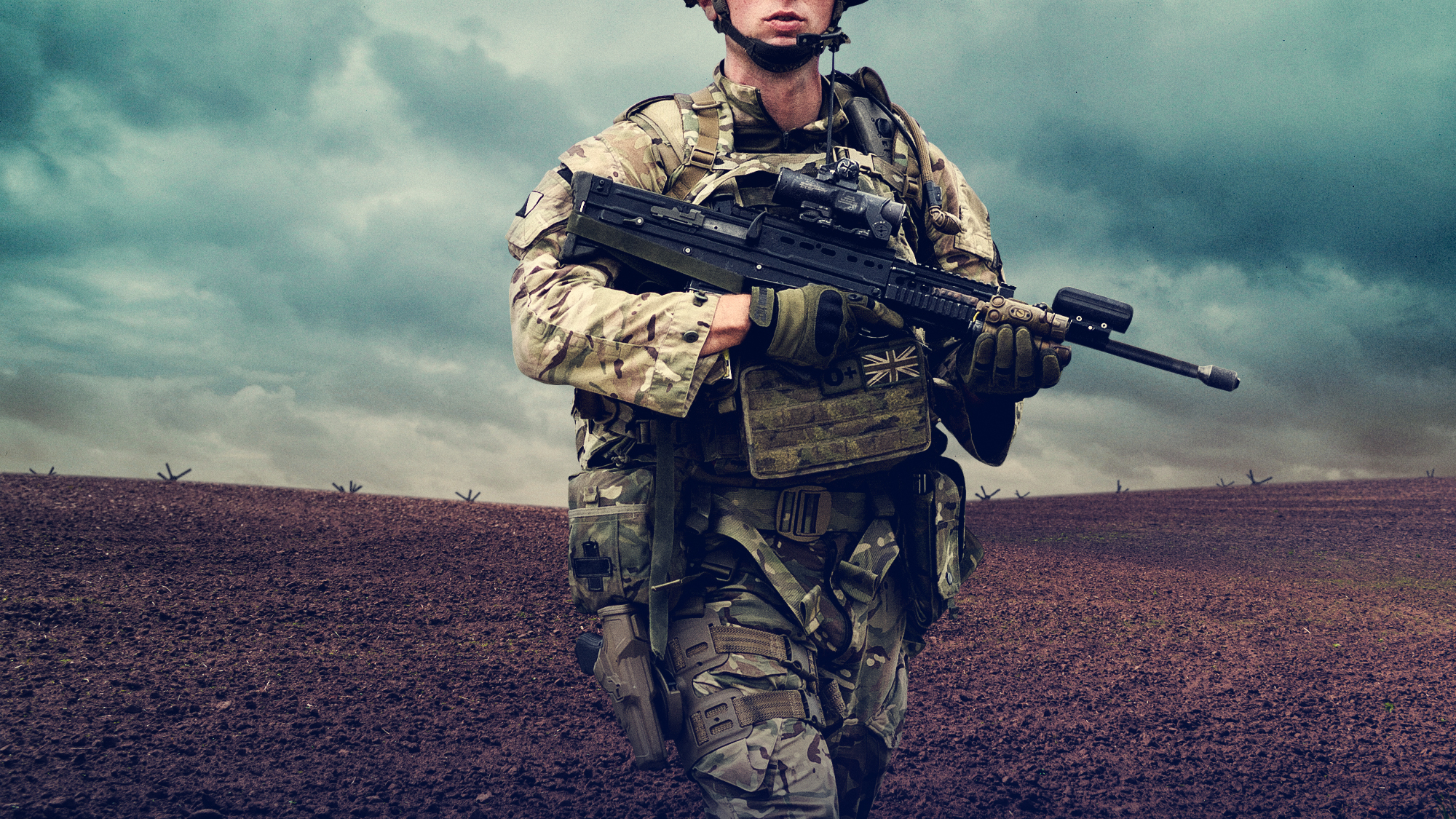 Is the British Army ready to deploy to Ukraine?
Is the British Army ready to deploy to Ukraine?Today's Big Question The UK 'would be expected to play a major role' if a peacekeeping force is sent to enforce ceasefire with Russia
-
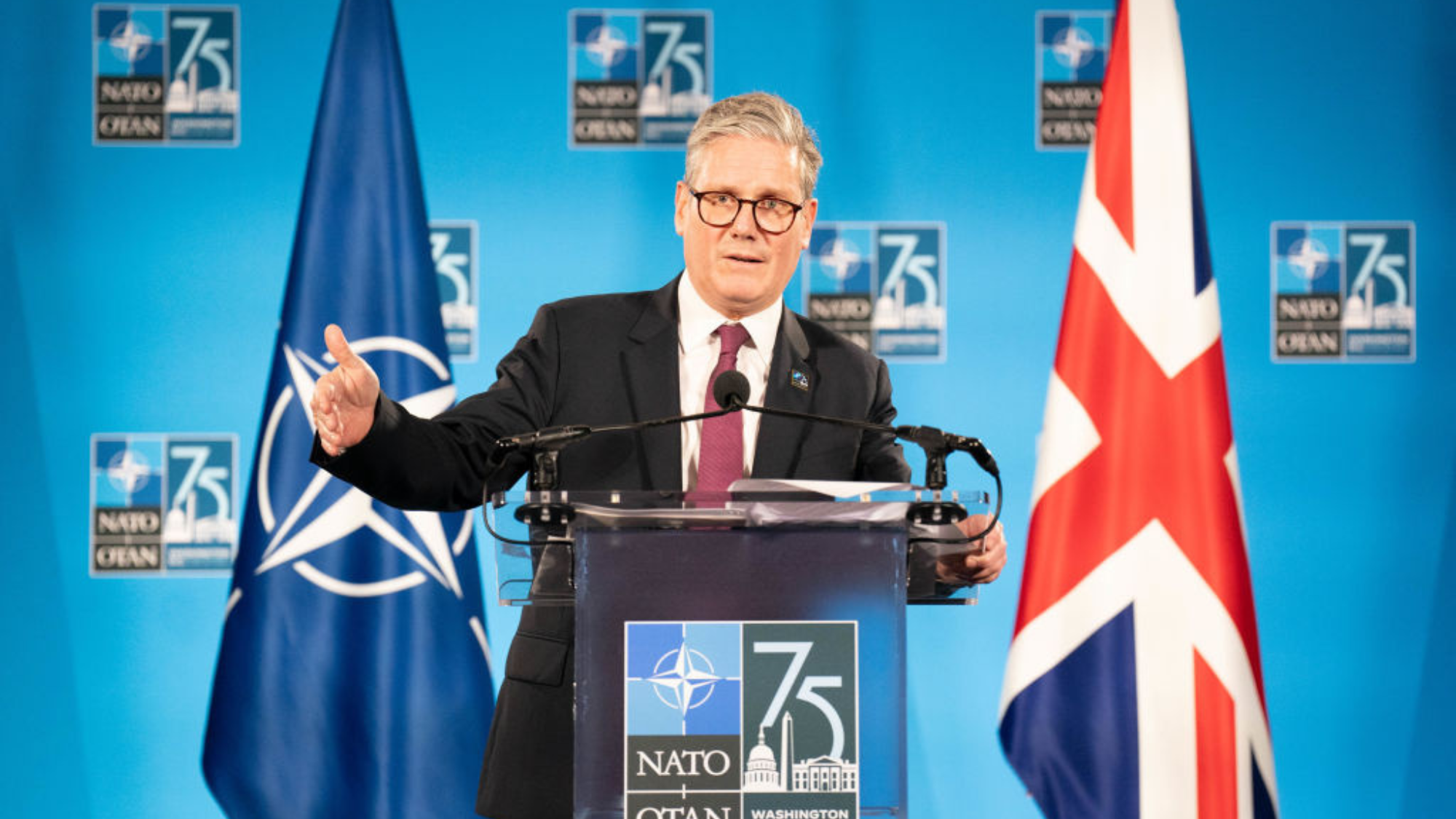 British defence: the crisis in the Armed Forces
British defence: the crisis in the Armed ForcesTalking Point Depleted military power may not be able to meet its own commitment to up defence spending to 2.5%
-
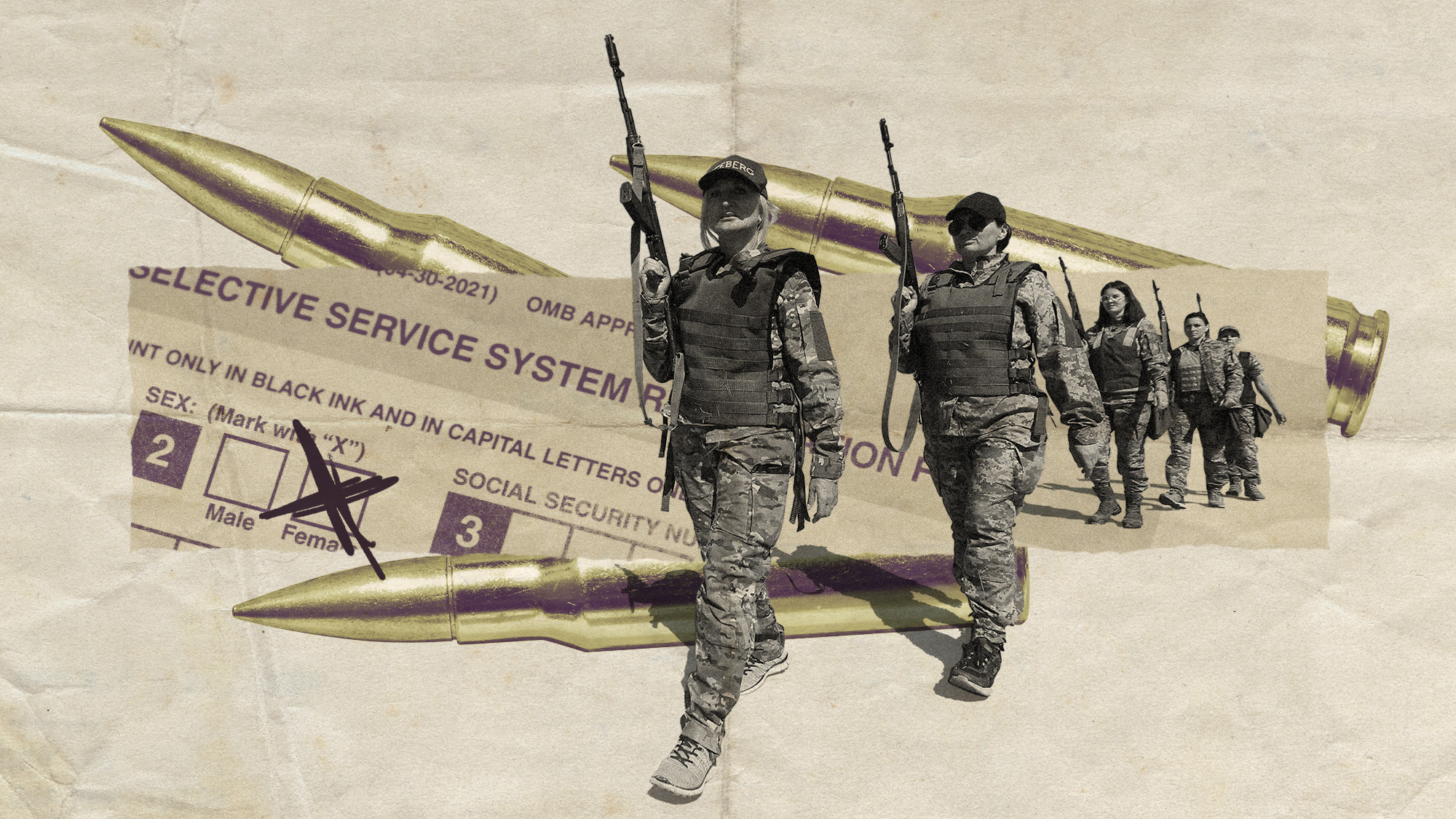 The issue of women and conscription
The issue of women and conscriptionUnder the radar Ukraine military adviser hints at widening draft to women, as other countries weigh defence options amid global insecurity
-
 Grant Shapps goes to war on military's 'woke' diversity policies
Grant Shapps goes to war on military's 'woke' diversity policiesTalking Point Defence secretary condemns 'extremist culture' as Army reportedly plans to relax security checks on overseas recruits